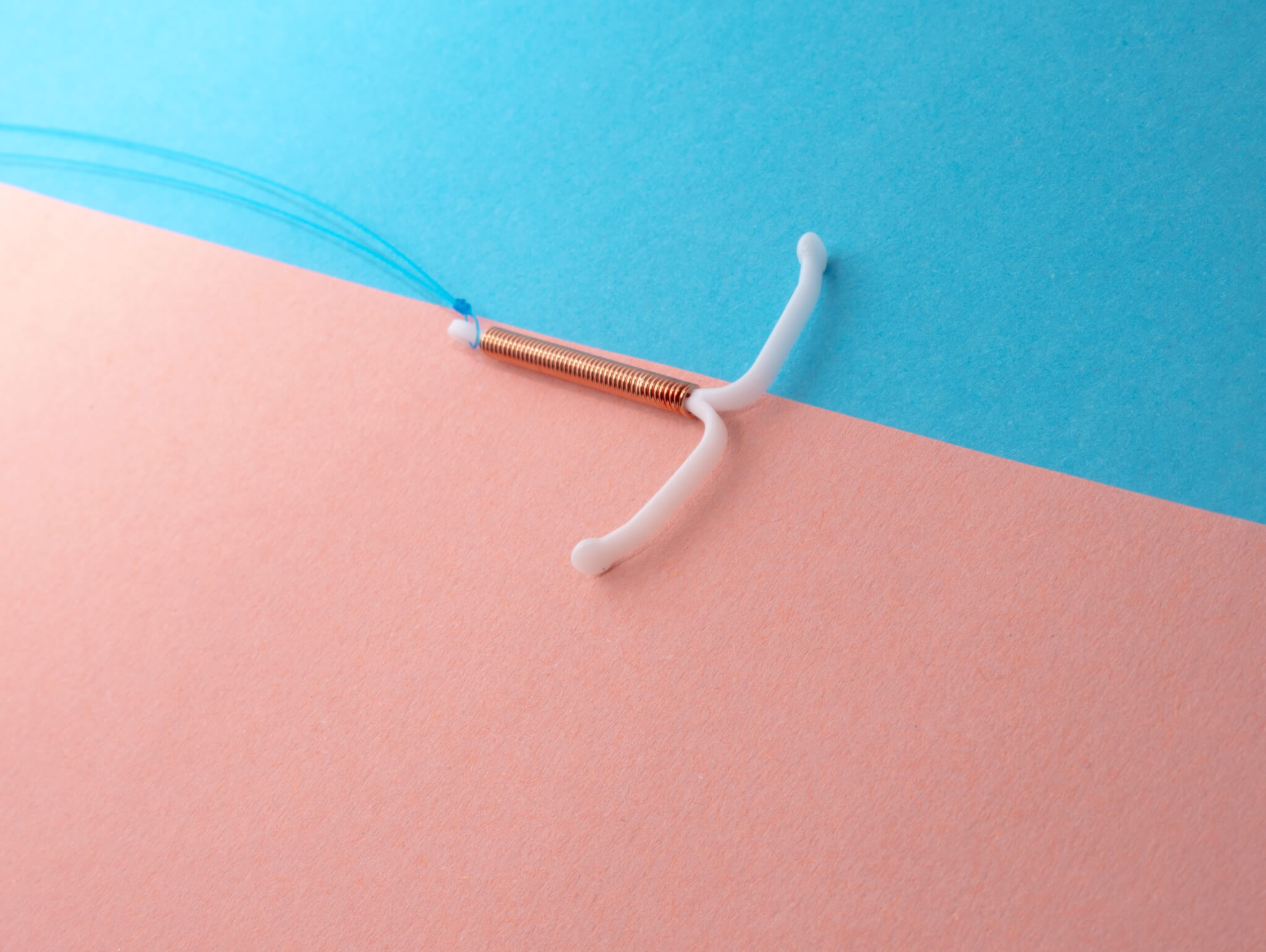Egg Donation and Fertility
Assisted reproductive technology (or ART, as it is sometimes referred to) is an amazing advancement in the medical field. Women and men who would otherwise not have been able to conceive, now have several different options for creating the family that they have dreamed of having. If a man is not producing viable sperm, he can use donor sperm that has been donated by a fertile man. Many women are also unable to produce their own viable eggs. Whether this is for biological reasons, health, age, or other factors, there is a solution for these women. Through the generous donation of healthy eggs, these women are still able to fulfill their dreams of a family. Some women are very fertile and can donate eggs without affecting their own ability to get pregnant. According to the Center for Young Women’s Health, women are born with 1-2 million immature follicles with the potential to become mature eggs, but only about 400 ever do!

According to a recent survey conducted by the American Society for Reproductive Medicine (commonly referred to as ASRM), most women who donate their eggs feel positive about the experience and continue to have good health after their donation. 81% of those surveyed said that if they could do it over, they would donate again. Many women even chose to go through the donation process multiple times. The ASRM had to set a recommended limit on the number of times a woman should donate her eggs, in part to maintain genetic diversity in an area. Some women exceed these limits anyway.
Conclusion
Although there are some potential side effects to the hormonal medications, like feeling bloated or crampy, doctors have observed that severe side effects are very uncommon. Since ART offers many new procedures, we have yet to fully study all of the long-term effects of many of them, but long-term issues have not been linked to the fertility medications or the egg donation procedure. Many other women use the same fertility medications as the women donating their eggs. Some young women choose to extract and freeze their eggs so that they can focus on a career and use their eggs when they are ready to have children. Some women use fertility medications themselves to try to get pregnant if they are having problems with fertility. Many of these women spare no expense and wait months to see the best fertility doctors that they can. Women who get approved to be egg donors will go through a medical screening process with these very same fertility clinics, some of the best fertility clinics, and doctors in the country. These fertility doctors will make sure that a woman who wants to donate her eggs is healthy and that the donation process will not be harmful. They will also be overseeing the egg donation process and even treating issues women may not have known they had. In this way, women who donate eggs receive top-notch reproductive health care from some of the most well-regarded doctors!
If you are ready to become a parent with GSHC Surrogacy Agency, please complete our Intended Parent Intake Form.
If you are ready to become an egg donor with GSHC Surrogacy Agency, please complete our Egg Donor Intake Form.
